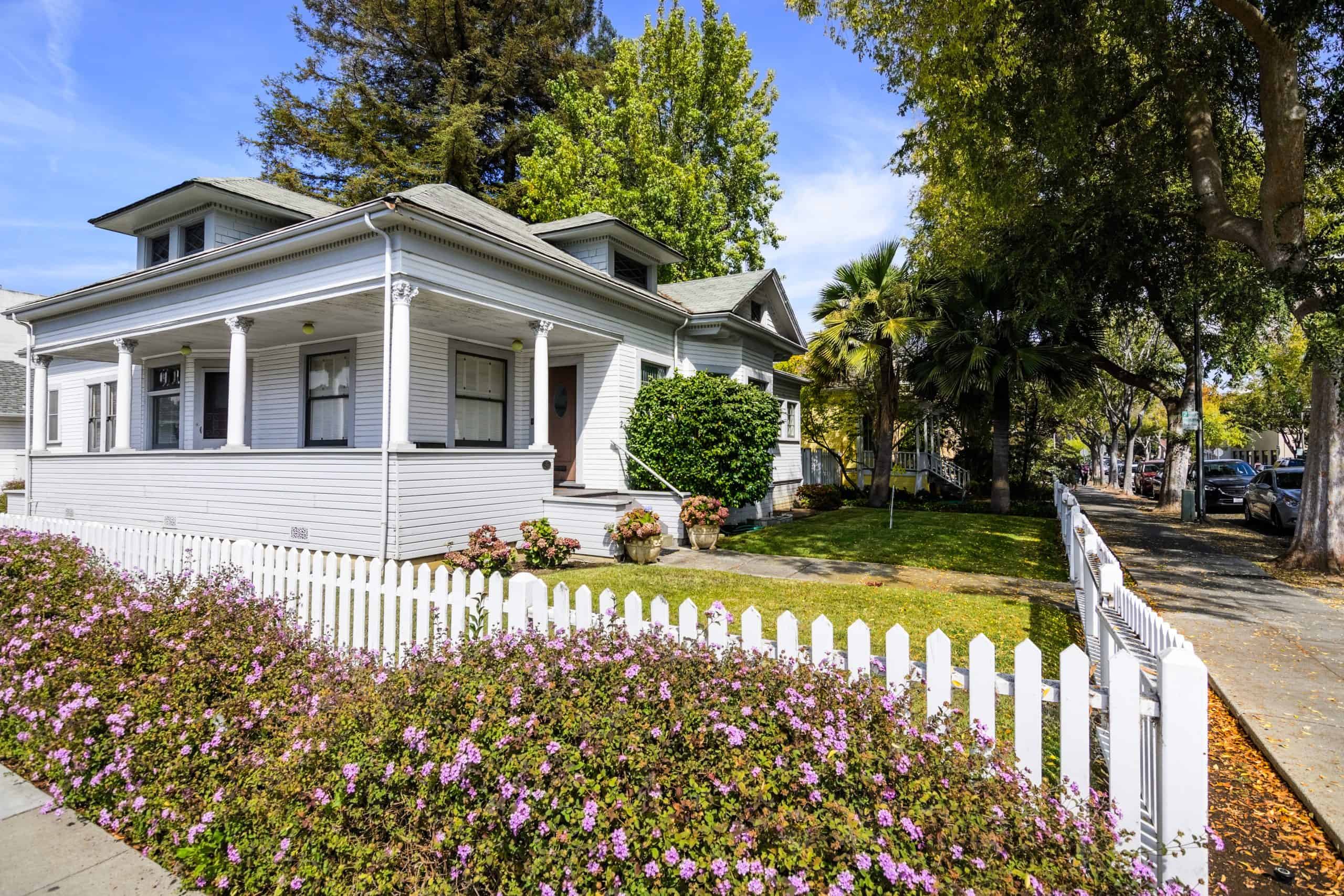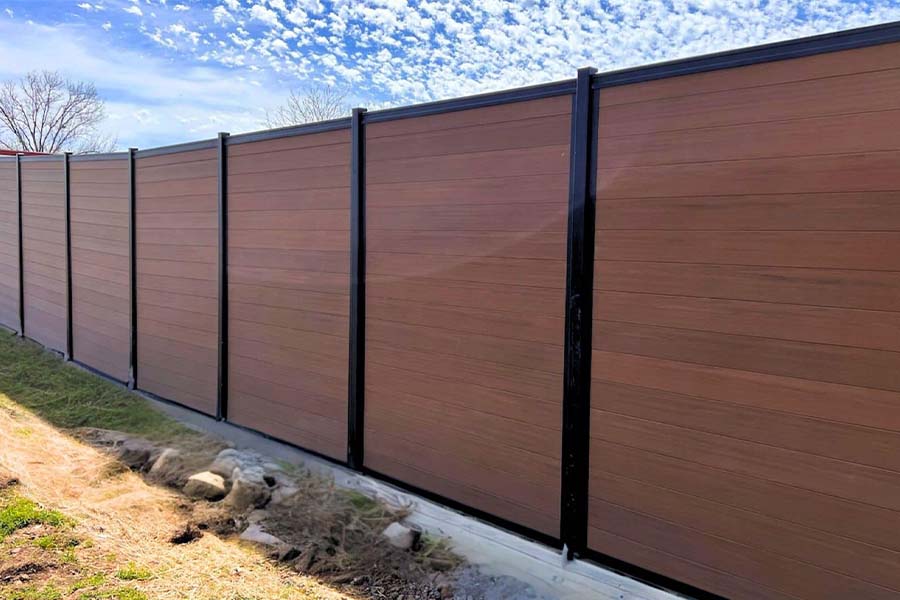All Categories
Featured

When mounting a fencing, picking the right product is crucial to stabilizing functionality, appearances, and spending plan. Wood, vinyl, and light weight aluminum are amongst the most frequently picked secure fencing materials, each with its toughness and downsides. This overview explores the benefits and drawbacks of these options to assist you make a notified decision.

Wood Secure Fencing. Pros:. All-natural Charm: Wood's classic beauty can enhance any kind of property with its traditional and cozy appearance. Personalized: You can paint, discolor, or carve timber to fit your style choices. Cost effective: Timber fencing is at first more economical compared to a few other products. Eco-friendly: As a renewable energy, wood is naturally degradable and often thought about environmentally friendly. Cons:. Maintenance-Intensive: Routine securing, paint, or staining is called for to avoid damage from weather and pests. Prone to Degeneration: Without appropriate treatment, timber can rot, warp, or fracture over time. Shorter Life-span: Typically, timber fences last 10-15 years, depending upon the sort of wood and maintenance. Wood is a fantastic alternative for those that value visual appeals and agree to buy normal upkeep to preserve its look and sturdiness.
Vinyl Fence. Pros:. Low Maintenance: Vinyl needs very little treatment-- just periodic cleansing with soap and water. Weather condition Resistant: It does not warp, rot, or catch insect damage, making it highly sturdy in numerous climates. Durability: Plastic fencings can last 20-30 years with little to no repair work. Design Selection: Available in a broad array of colors, designs, and structures, including wood-like appearances. Cons:. Higher Preliminary Price: Vinyl fencings are much more pricey in advance compared to timber. Susceptability to Cold: In extremely winter, plastic can become weak and susceptible to fracturing. Restricted Repair Work Options: Matching substitute panels can be challenging if damages takes place. Plastic fence is perfect for home owners looking for a resilient, low-maintenance solution that supplies contemporary flexibility.

Aluminum Secure Fencing. Pros:. Rust-Proof: Aluminum resists corrosion, making it an excellent selection for damp or moist settings. Resilient: Despite being light-weight, light weight aluminum is solid and can hold up against extreme climate condition. Low Upkeep: It calls for minimal maintenance, usually only occasional cleansing. Long Lifespan: Light weight aluminum fences can last years without substantial deterioration. Classy Layout: Usually made use of for ornamental objectives, aluminum fence includes a streamlined, advanced seek to residential or commercial properties. Disadvantages:. High First Investment: Aluminum fencings are amongst the more expensive alternatives on the market. Much less Privacy: The open styles usual with aluminum fencing do not give much personal privacy. Vulnerable to Damage: While durable, aluminum can damage if hit with enough pressure. Aluminum is an exceptional choice for homeowners prioritizing aesthetic appeals and toughness without calling for much upkeep.
Making Your Decision. When choosing between timber, light weight aluminum, or plastic fencing, consider your priorities:
Timber suits those that appreciate an all-natural appearance and do not mind placing in maintenance effort. Plastic is the finest choice for those seeking a low-maintenance, weather-resistant option. Aluminum provides smooth design and lasting longevity yet might lack personal privacy. By meticulously evaluating these products' attributes, you can choose a fence that matches your home while satisfying your practical and visual requirements.
Latest Posts
Professional Tinley Park Roofing Contractors – Top-Notch Roofing Services by Aabel Roofing
Published Nov 23, 24
3 min read
Preparing for Your Appointment with Ease
Published Nov 23, 24
1 min read
Understanding the Expense of Cars And Truck Repair Work: Key Insights for Savvy Vehicle Owners
Published Nov 23, 24
0 min read
More
Latest Posts
Professional Tinley Park Roofing Contractors – Top-Notch Roofing Services by Aabel Roofing
Published Nov 23, 24
3 min read
Preparing for Your Appointment with Ease
Published Nov 23, 24
1 min read
Understanding the Expense of Cars And Truck Repair Work: Key Insights for Savvy Vehicle Owners
Published Nov 23, 24
0 min read